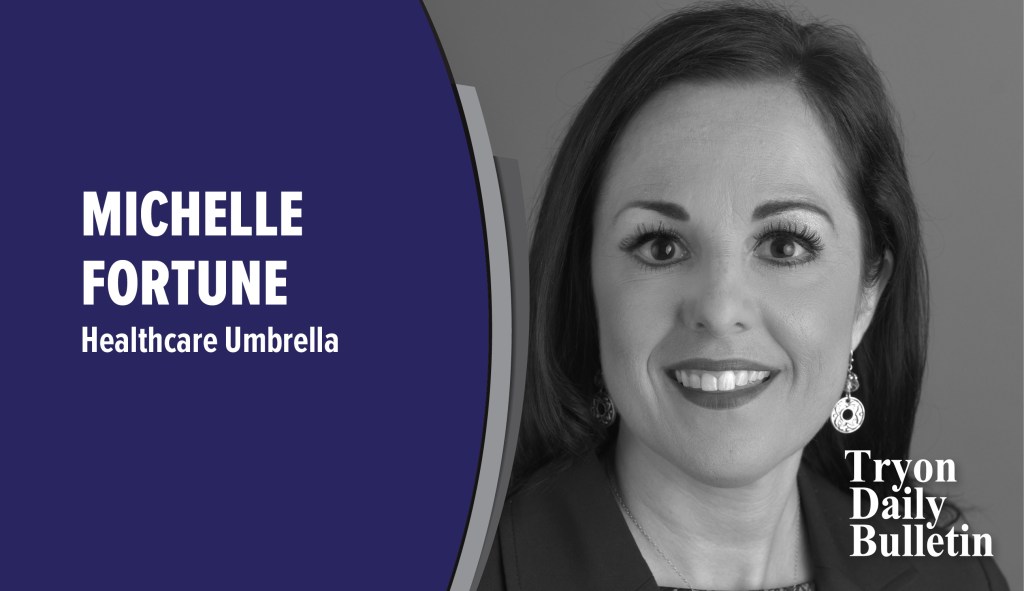Monkeypox is no monkey business
Published 10:20 am Monday, August 15, 2022
|
Getting your Trinity Audio player ready...
|
First, Covid ravaged the globe; now, we are seeing cases of monkeypox on the rise. I don’t know about you, but I’m suffering from infectious disease fatigue. I find myself dreaming of our lives returning to our formal normal. I am hopeful that through information in articles like this, we can bring you education to help each of us combat outbreaks to get closer to that dream.
Monkeypox is a rare disease and is part of the variola virus family – the virus that causes smallpox. The virus is endemic in central and west Africa. Prior outbreaks outside of Africa were primarily centered around returning travelers or exotic animal exposure. Many recent cases have been identified predominantly in gay, bisexual or other men who have sex with men (MSM) and transgender persons, although it’s important to note that monkeypox can affect anyone and infectious diseases do not tend to remain only within specific sexual or social networks.
Trending
Some but not all suspected cases may present with Flu-like symptoms or swollen lymph nodes with a rash developing over the next several days. Those symptoms include:
- back and muscle ache
- chills and fever
- fatigue
- headache
Some individuals in the current outbreak are presenting with a rash as their first symptom, while others first present with flu-like symptoms. The rash may be a single lesion or several blister-like lesions.
Trending
HOW DOES IT SPREAD?
The virus is rare and difficult to spread but can propagate from person to person through:
- contact with bodily fluids of an infected person
- kissing, cuddling, sex, or direct contact with clothing or bedding contaminated by fluid or sores
- respiratory droplets following prolonged face-to-face contact
- bitten or scratched by an infected animal, preparing wild game, or using infected animal products
The virus is contagious from the first appearance of symptoms up until the complete healing of the lesions (two to four weeks). The lesions are typically circular and well defined, deep-seated, and can umbilicate (depress like a navel), but they can look like pimples or blisters.
PREVENTION
- Avoid close contact with people who have the virus
- Practice safe sex; if you have new or unexplained sores or rashes anywhere on your body, avoid contact, including intimate and sexual contact, and see a healthcare provider
- If exposed to the virus, get vaccinated
- Circumvent items exposed to infected patients
TREATMENT FOR MONKEYPOX
No approved gold standard treatment exists for monkeypox, but providers may treat the disease with antiviral drugs like tecovirimat or brincidofovir. Relieving symptoms of the disease is the primary treatment, which includes pain management and drinking plenty of fluids.
If you have monkeypox, stay home and isolated from family and pets until the lesions heal completely.
Monkeypox complications can include:
- additional infection
- blindness
- death in rare cases
- severe scarring
The monkeypox virus spreading throughout the United States is called the West African variant and rarely leads to death. If you believe you have come in contact with someone infected with monkeypox, or think you have contracted monkeypox, see your primary healthcare provider as soon as possible. If you do not have a provider, contact one of our providers at Foothills Medical Associates at (828) 894-7627 or Saluda Family Medicine at (828) 749-0149.
To learn more about the monkeypox, visit cdc.gov/poxvirus/monkeypox/symptoms.html
If you have a healthcare topic of interest or a question, send me a note at Michelle.Fortune@slhnc.org.






